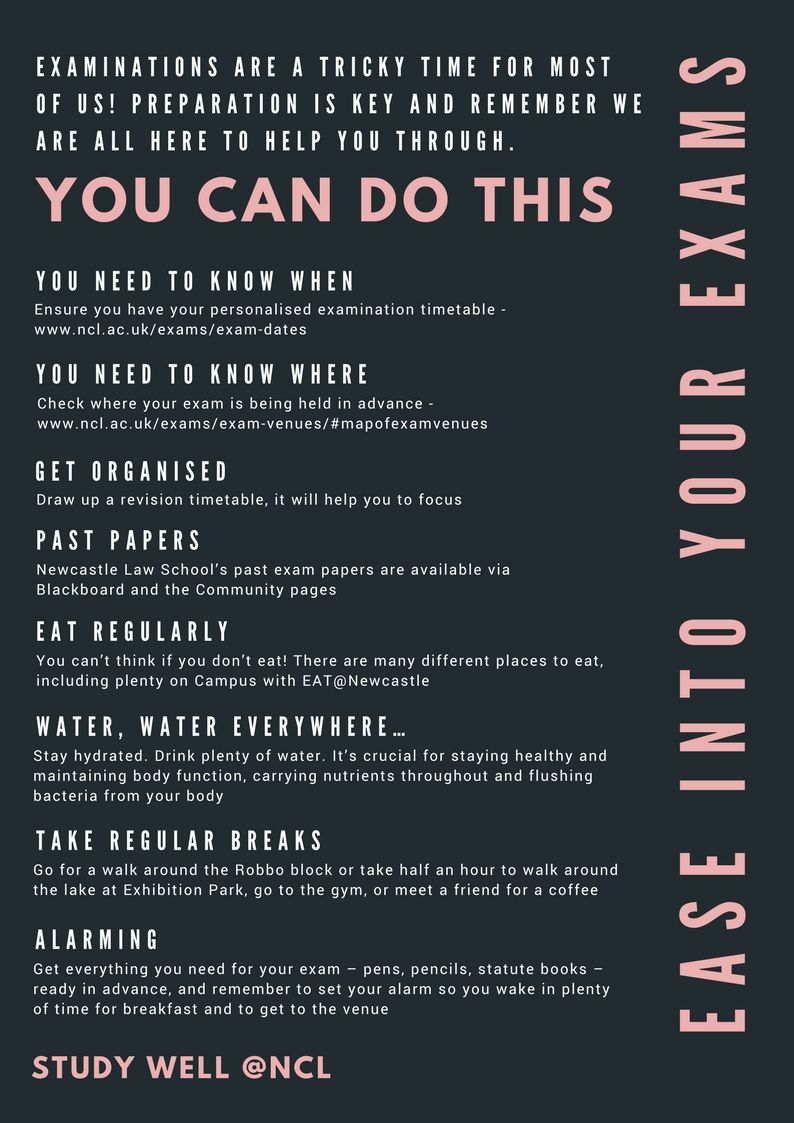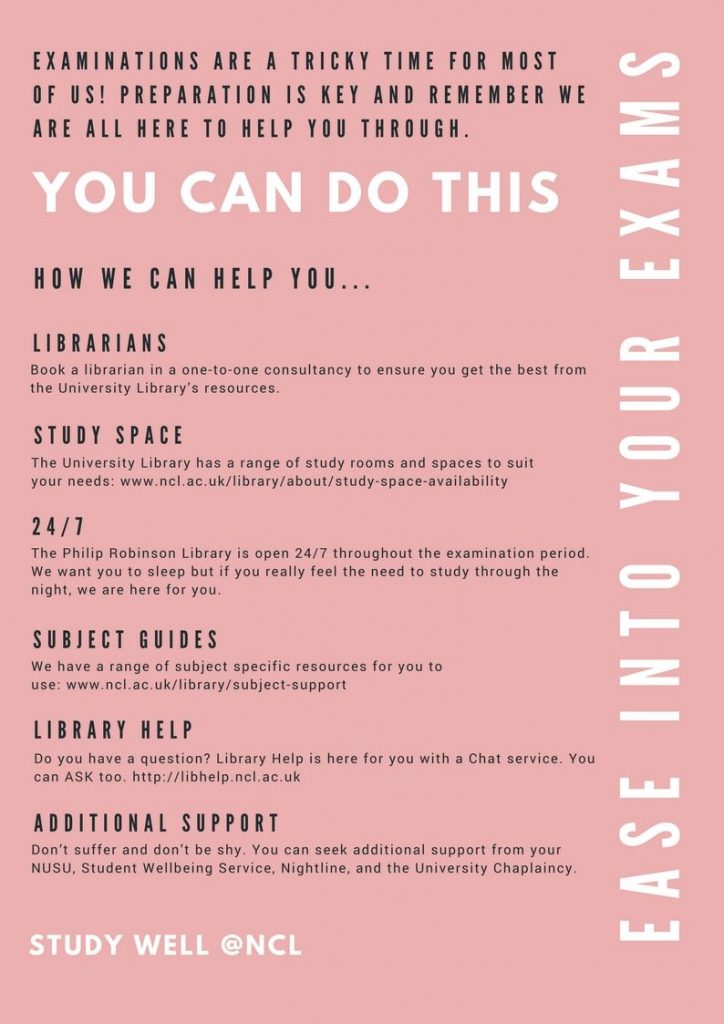
Michael, a final year Law undergraduate, talks about his time in the Law Library and has some sage advice for first and second years.
About Me
My name is Michael Norris and I am a final year Law undergraduate at Newcastle University, as well as Sports Secretary for the Eldon Society and a Law Library Student Aide. Upon graduation I aim to secure a training contract and practice as a commercial solicitor in London.
What legal resources do you prefer to use, and why?
Personally, I prefer to use print resources. Due to the nature of my course, and most of my study being focused around lengthy case law and statutes, I find it far easier to read print outs rather than on a computer.
The resources I most enjoy engaging with are academic articles and case commentaries. Learning the law and its application to real life scenarios is interesting, but getting to grips with the academic debates behind a concept by reading differing arguments and viewpoints is far more thought-provoking. Reading into a topic in such a way allows me to unlock a new level of understanding and look at a legal problem from a different point of view.
Have you noticed a change over the three years in the way you/your classmates study?
Absolutely! I have realised the importance of reading beyond the textbook and lectures more over my three years at law school. I have also realised the importance of the library and understood how valuable using its wealth of resources is in securing a good grade.
In relation to classmates, over the three years as everybody has become better friends I have noticed an increase in the amount of co-operation between fellow students. Using other students’ knowledge and splitting reading is a really effective way to broaden your understanding of a topic.
I have undoubtedly noticed the increase in students’ work ethics over my time at university. Other than the obvious pressures of finals, I would put this largely down to students’ enjoyment of their third-year option choices. Having the opportunity to study what I am interested in has really motivated me to succeed in third year.
Apart from library resources, what other types of resources do you use for your studies?
Whilst the majority of the resources I use are from the library, it is important to learn from a wealth of resources to keep your work interesting and fresh. In terms of building my commercial awareness, I watch the news every day. It is surprising how relatable current affairs are to your legal studies and future legal careers.
I also make use of my lecturers’ encyclopaedic knowledge during their office hours. Contrary to several pre-conceptions I had prior to university about lecturers being unwilling to help, I can confirm this is completely untrue! Meeting with my lecturers and seminarists on a one-to-one basis has enabled me to ask those questions I did not want to in lectures and they are more than willing to explain any concept I may be struggling with.
Having easy access to relevant case law and statutes is vital to success in any form of law coursework or exam revision. Using online legal databases, such as LexisNexis and Westlaw, allows me to have all the important information at my fingertips to easily access academic articles which allow you to unlock the higher marks.
Away from legal resources, I use an app called “Forest: Self Focus” which locks your phone for a given time to allow you to concentrate on your study. A similar product I use is a computer programme called “Focal Filter” which blocks any website which distracts me, a must when your attention span is as limited as mine!
Do you have a favourite spot in the law library? If so why do you like studying there?
I have favourite parts of the library for different types of study. For revision and essay writing my favourite spot in the law library is undoubtedly the silent study area. I work best when there is nothing at all to distract me. However, the discussion room can be really good when it comes to sharing ideas and opinions with other students or working through exam questions together.
Do you use your Law Subject Guide, and do you find it helpful?
Absolutely. The online subject guide provides me with a convenient shortcut to a variety of vital legal resources. Being able to view all of the legal databases in one place, in addition to portals to eBooks and writing guides is very helpful.
What study advice do you have for 1st and 2nd years?
My first piece of advice would not to be afraid to ask for help. Contrary to what you may believe when you start university, lecturers are not as scary as you may think and have always been willing to help with any problem I have had.
Another piece of advice is to ensure you do not fall behind on your lectures and seminar work. University is a big change from school where learning was more structured, and in comparison, you are given much more freedom over your studies at university. Whilst this free time is often welcome, and it is important to take time away from your studies, keeping on top of work and not falling behind on reading will really come in handy at the end of the year.
A piece of non-legal advice would to take care of yourself generally. University can involve a lot of late nights (especially in first year) and you have nobody to cook for you! It is often forgotten about how important eating well, getting enough sleep and exercise is to performing well in all aspects of life, especially your studies so your health and wellbeing should always remain a priority.
Finally, if there was one thing you could tell your first-year self what would it be?
Whilst first year it is important, as mentioned you will have a lot of spare time in comparison to second and third year. If I could do first year again I would have joined more societies and broadened the number of extra-curricular activities I participated in. Aside from being fun, partaking in societies is a great way to make new friends. Also, if later in university you decide you want to be part of a societies committee joining in first year is a great idea, as participation in a committee looks excellent on any application.
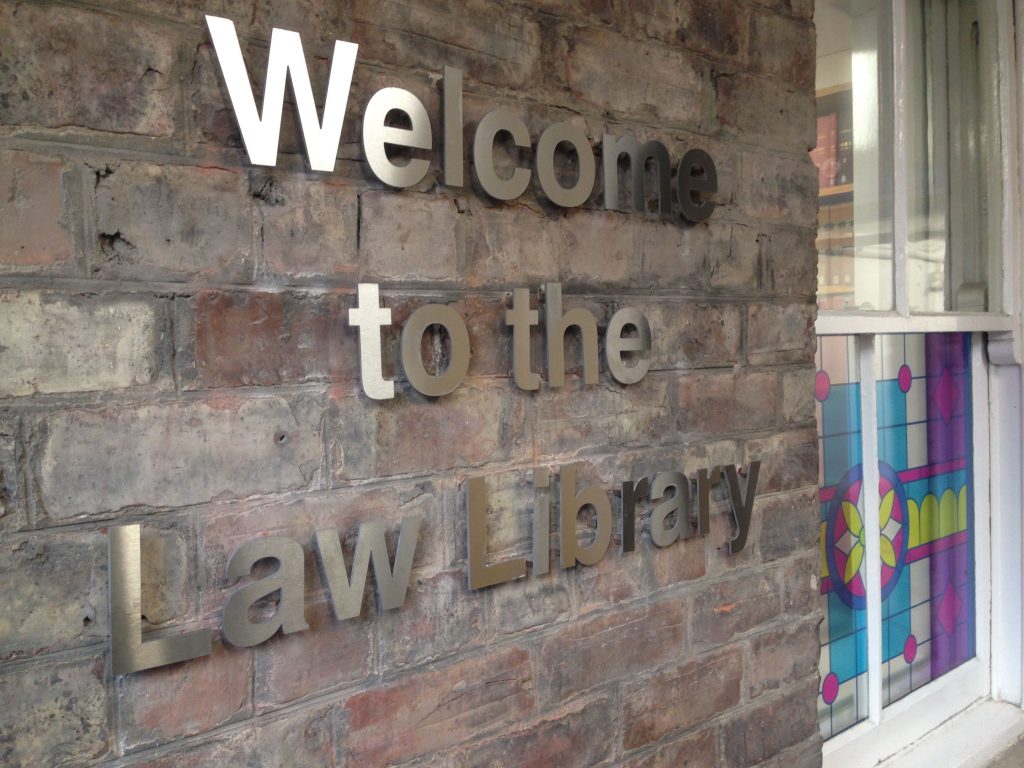

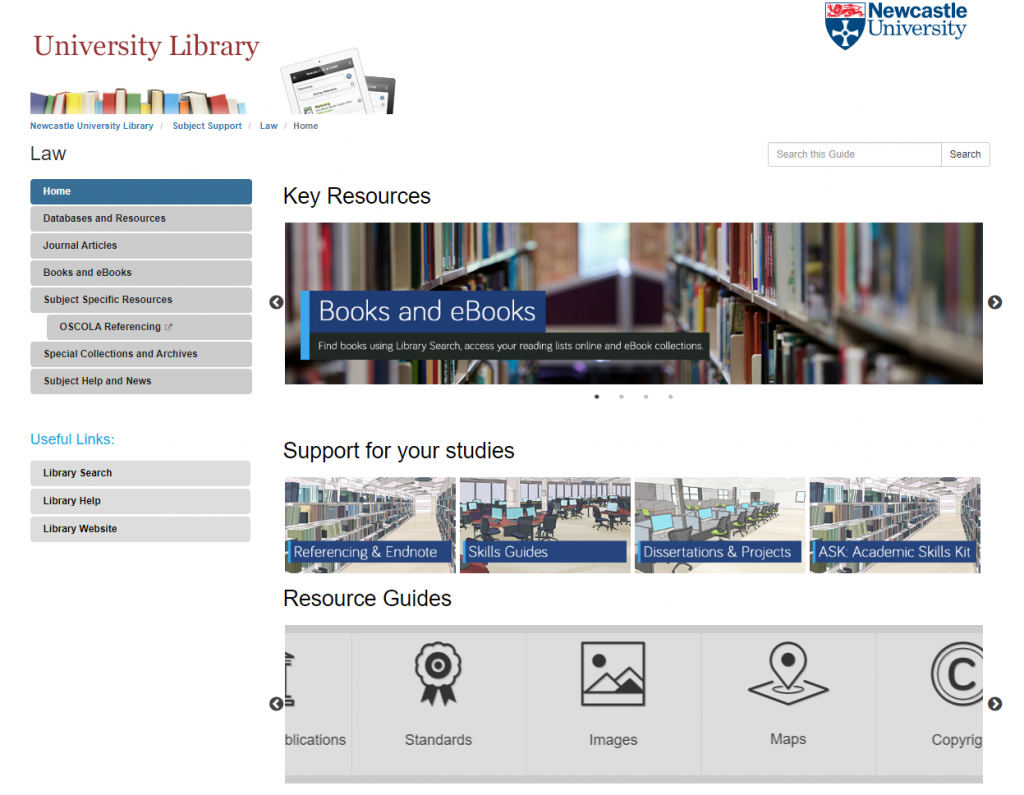
 Laura-Jayne Beattie, third year Law School student and Law Library Student Aide, has some top tips to help you find help with OSCOLA.
Laura-Jayne Beattie, third year Law School student and Law Library Student Aide, has some top tips to help you find help with OSCOLA.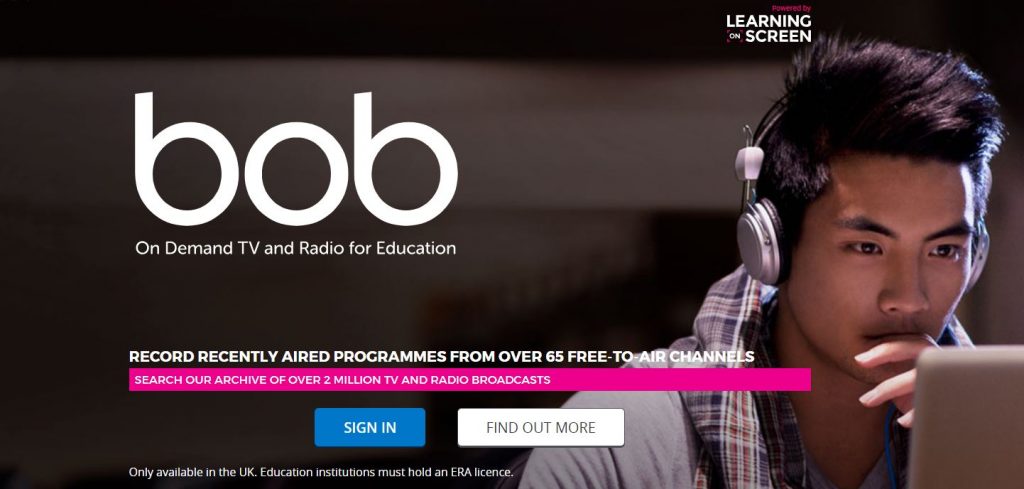 Laura-Jayne Beattie, a final year Law School student, takes a look at Box of Broadcasts, and reviews a film she watched using it (a Law Library favourite!).
Laura-Jayne Beattie, a final year Law School student, takes a look at Box of Broadcasts, and reviews a film she watched using it (a Law Library favourite!).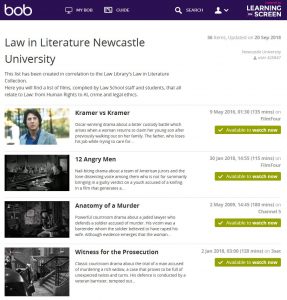 After a few minutes of exploring the website, I decided to choose a film from the ‘Law in Literature Newcastle University’ playlist. To find this, I clicked on the ‘Search’ icon (on the tab across the top) and selected ‘Public Playlists’. I then typed the playlist’s name into the search box. I was surprised at how many titles were available within this collection (all related to Law). I chose to watch ‘Legally Blonde’, a personal favourite of mine but one that I haven’t watched for years.
After a few minutes of exploring the website, I decided to choose a film from the ‘Law in Literature Newcastle University’ playlist. To find this, I clicked on the ‘Search’ icon (on the tab across the top) and selected ‘Public Playlists’. I then typed the playlist’s name into the search box. I was surprised at how many titles were available within this collection (all related to Law). I chose to watch ‘Legally Blonde’, a personal favourite of mine but one that I haven’t watched for years.